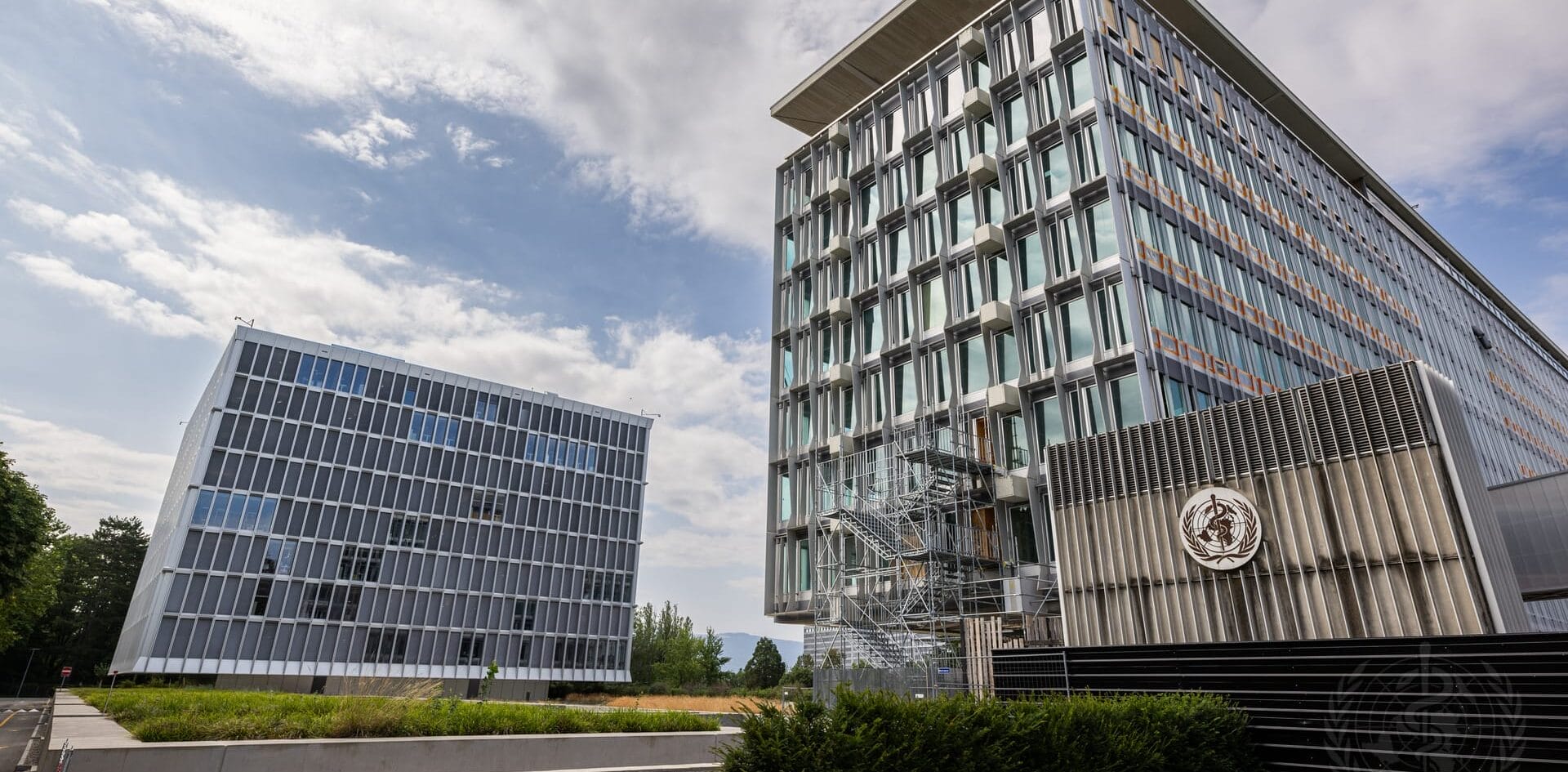
Topic Description
The World Health Assembly (WHA) has placed significant emphasis on Antimicrobial Resistance (AMR), highlighting the urgent need to accelerate both national and global responses to this growing threat. AMR occurs when bacteria, viruses, fungi, and parasites evolve to resist the effects of medications, rendering standard treatments ineffective and leading to persistent infections, increased spread of disease, severe illness and higher mortality rates. Addressing AMR is critical for maintaining the effectiveness of current medical treatments and ensuring global health security.
A primary objective is to strengthen national action plans. These plans should include robust surveillance systems to monitor AMR trends, enforce regulations on antimicrobial use, and promote programs that ensure the responsible use of these drugs in human medicine, agriculture, and veterinary practices.
Global coordination and cooperation are also pivotal. The WHA advocates for enhanced international collaboration and partnership to combat AMR, emphasizing the need for a unified approach to research, data sharing, and policy implementation. This includes fostering partnerships among countries, international organizations, and the private sector to mobilize resources and share best practices. Global surveillance systems are critical for tracking AMR patterns and responding promptly to emerging threats.
Investment in research and development is another key focus. The WHA calls for increased funding and support for the development of new antibiotics, vaccines, and diagnostic tools. This also involves promoting innovative research to understand the mechanisms of resistance and find alternative treatments. Public-private partnerships are encouraged to drive innovation and bring new solutions to market.
Education and awareness are crucial components of the WHA’s AMR agenda. Public awareness campaigns targeting various population segments aim to educate communities about the dangers of AMR and the importance of proper antimicrobial use. Healthcare workers are also targeted for professional education and training programs to ensure they have the knowledge and tools to prescribe antimicrobials appropriately and manage resistant infections effectively.
Lastly, the WHA underscores the need for a One Health approach, recognizing the interconnectedness of human, animal, plant and environmental health. Strategies to combat AMR must therefore address the use of antimicrobials in agriculture and the environmental pathways that contribute to the spread of resistance. This holistic approach ensures that efforts in one sector complement and reinforce actions in others.
These efforts are vital for safeguarding the efficacy of antimicrobials and protecting global health.
Join our mailing list!
Sign up form
Or stay up to date with the latest WIMUN news by following us on social media!



